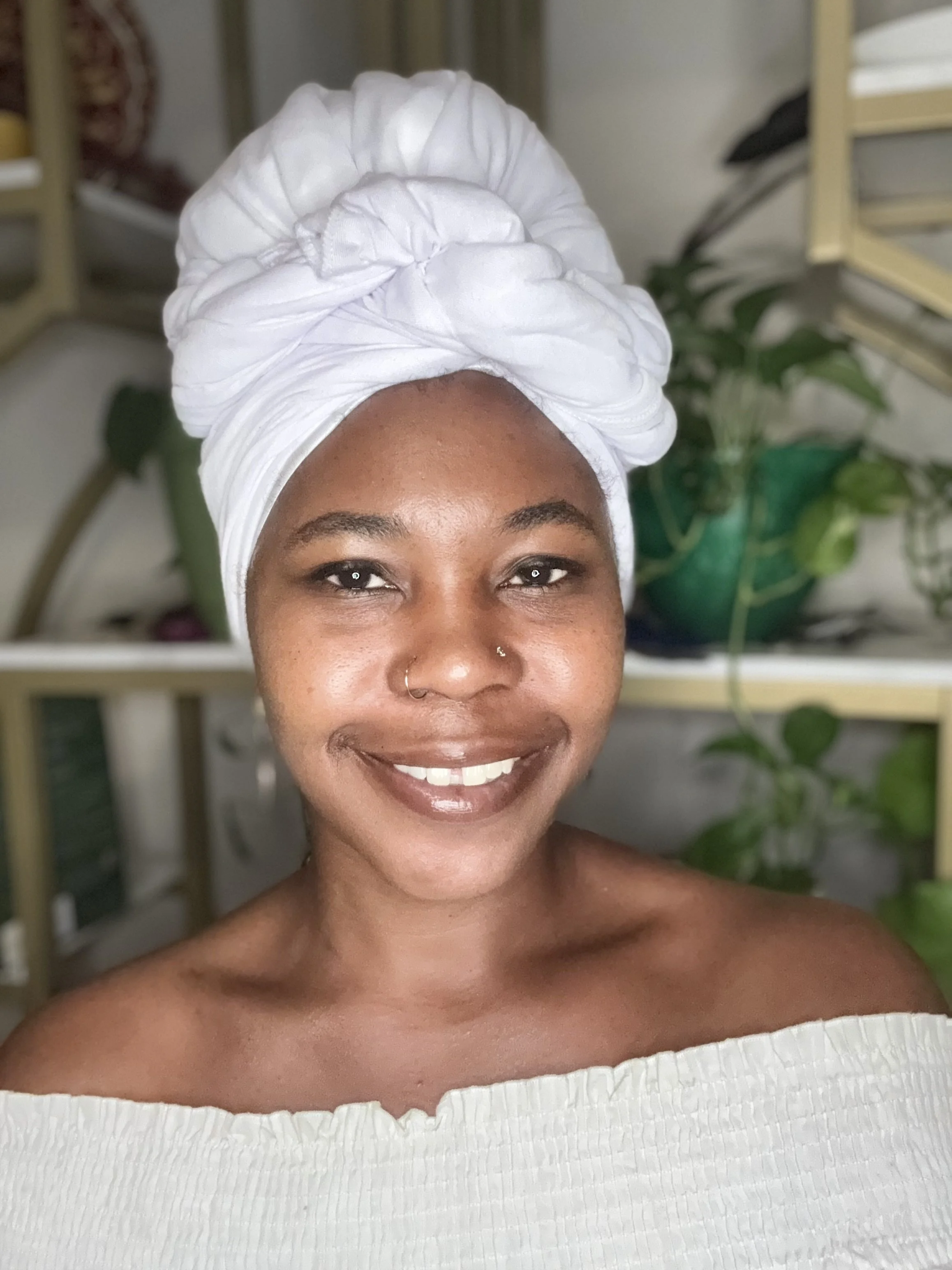I am Miya Shaquan Fowler—Black, queer, feminist, womanist, writer, poet, dancer, thinker, explorer, and experimenter, in no particular order, all at the same time. Through my creative practice and engagement with multidisciplinary thought, I explore questions about my location with the complex network of an expansive and fluid, yet stable, Blackness—the diasporic web—and avenues of creating, maintaining, and transforming diasporic consciousness and connectivity. This necessarily includes questions about Black identities and identity formations; histories, cultures, and cosmologies; ways of being and knowing; survival within and resistance to white supremacist patriarchal capitalism and its concomitant oppressions; and the unique expressions of God that we embody, engage, and sometimes stifle in our attempt to survive.
In my past and ongoing work, Black movement has been an integral theme. While this theme emerged out my dance practice, I am expanding my focus beyond dance to a more extensive exploration of Black movement in its various iterations. My mission is to better understand the routes that have made me and the liberatory tools found along those paths. In this ongoing work, “Black movement” refers to a multitude of phenomena, including but not limited to voluntary and involuntary migration out of and into Africa, within the sphere of the Black Atlantic, and out of and into the American South; the political action and consciousness of Black people globally; and Black creative expression, such as dance, music, literature, fashion, and language that have the tendency to transcend the borders within which they were created.
This online space is an offering to my communities and those who wish to learn and build together. Engage with me if you feel so inclined; or take what you need, and leave the rest.
To learn more about my work, you can take a look at my CV. You can also read my M.A. thesis and browse this site. Be sure to follow my personal Instagram and the Write with Miya Instagram, and subscribe to my Substack and my YouTube channel to stay updated on my latest offerings.
May you find yourself inspired to be and to feel. Peace.
Site Navigation
Poetry Collections
Dance Work
Essays
Services
